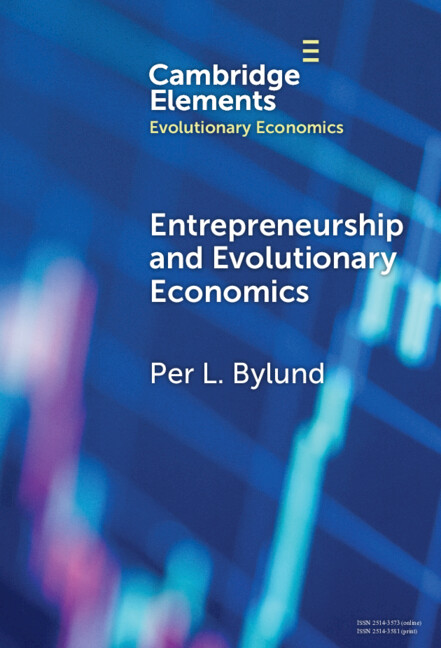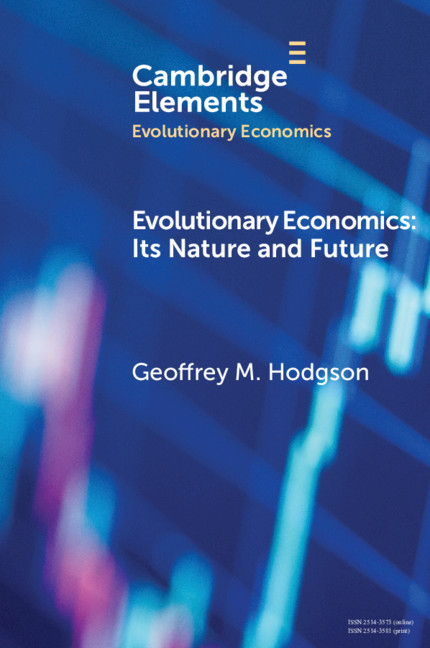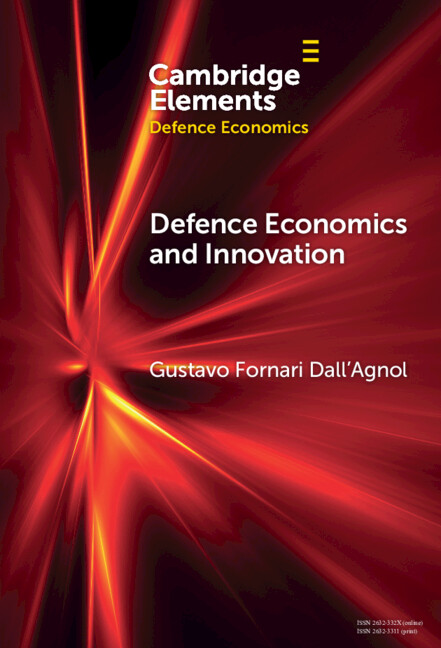Evolutionary Price Theory
Economic evolution involves structural change from within, so evolutionary price theory needs to address how prices facilitate and accommodate this structural change and how structural change in turn impacts on prices. Such analysis is impossible using neoclassical price theory in which endowments of inputs, production technology and consumer preferences are all treated as exogenously determined and the future is known or at least its probability distribution is known. An alternative theory of price determination outlined in this book is compatible with structural change from within and an unknown future. The theory employs an open-system ontology and a micro-meso-macro methodology. Prices have a dual informational role in evolutionary economics. As well as coordinating ongoing production and consumption activities, prices provide information to guide potential entrepreneurs and their financiers in evaluating the profitability of innovations. The latter role can substantially disrupt the order created in the former role.
Product details
May 2025Paperback
9781009669207
104 pages
229 × 152 × 6 mm
0.166kg
Not yet published - available from August 2025
Table of Contents
- Preface
- 1. Introduction
- Part I. Micro:
- 2. Defining typologies and key concepts
- 3. Understanding pathways to conflict and mitigation strategies
- Part II. Meso:
- 4. Conducting empirical analysis
- Part III. Macro:
- 5. Insights for Climate Adaptation, Conflict Research, and Policy
- 6. Conclusion and Key Takeaways
- References.






